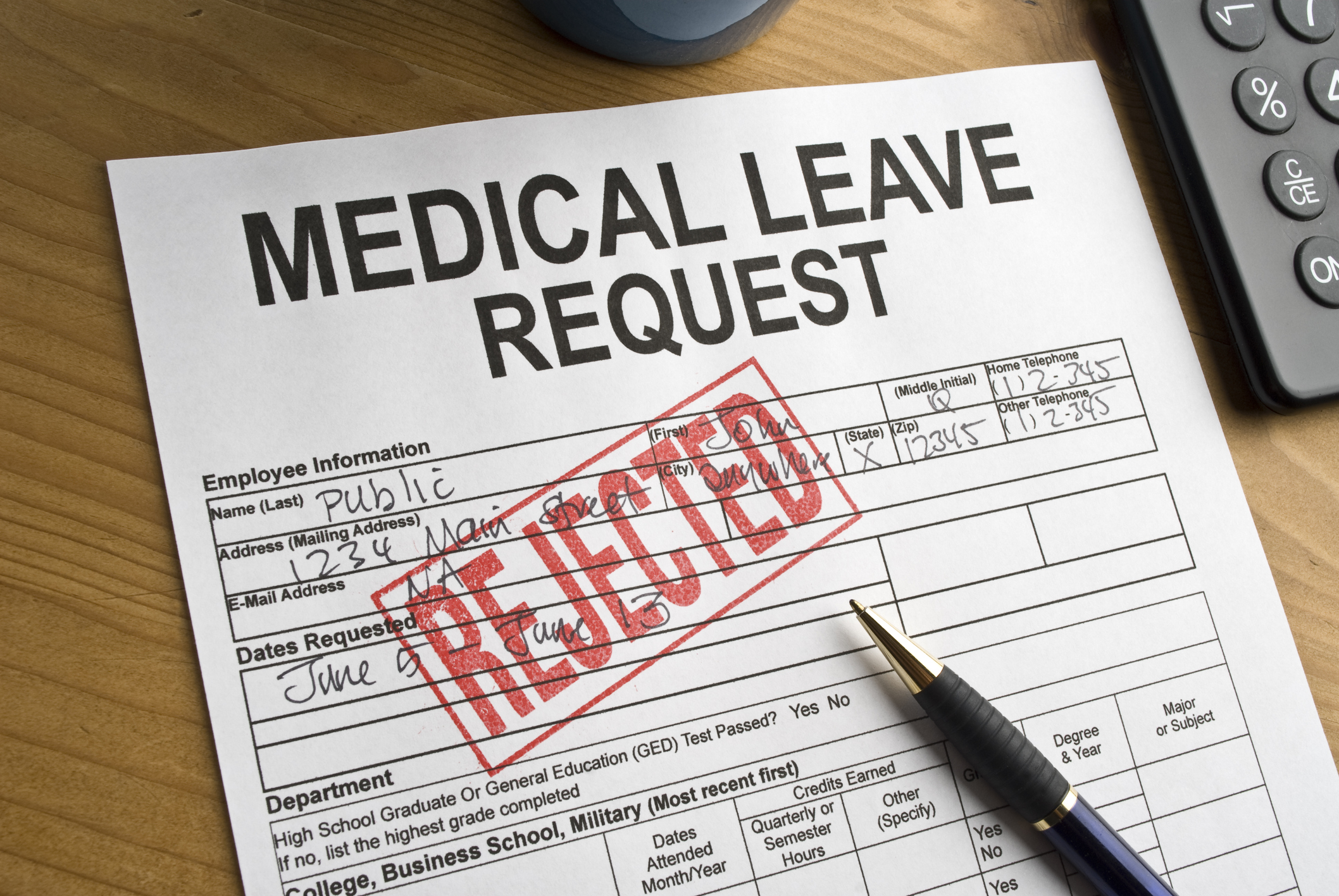When Absence Makes the Boss Grow Madder: What to Do With Employees Whose Medical Leave Never Seems to End

By: Lewis Brisbois' Labor & Employment Team
One of the most vexing challenges employers face is how to handle employees who appear to be on an endless medical leave. Just when you think they’re about to return, they submit a doctor’s note that further extends their leave. And it can happen again and again. Is an employer required to continue accommodating such a person, or does there come a point when enough is enough and the employer can lawfully terminate his or her employment?
Unfortunately, the answer is not nearly as clear-cut as employers might hope. However, if they consider the following points, employers may be able to reduce the likelihood of a lawsuit.
- A “no-fault” policy whereby an employer automatically denies leave after a certain period of time off already taken, or if the employee has exhausted his or her Family Medical Leave Act (FMLA) or other forms of leave, is unlawful on its face. No matter what the employee’s leave history is, a further leave may be a reasonable accommodation under the Americans with Disabilities Act (ADA) and analogous state laws, and therefore must always be considered.
- That said, remember that the purpose of a reasonable accommodation is to allow the employee to perform the essential functions of his or her job. If an employee is completely disabled and unable to work at all, a period of leave may be the only available accommodation – but only if there is reason to believe that the employee will be able to return to work in some capacity after the leave. Otherwise, the leave will not enable the employee to (eventually) perform his or her essential functions, and is therefore not a reasonable accommodation.
- Typically, an employee will be entitled to the benefit of the doubt when it comes to entitlement to an initial leave. If, however, the employee then seeks further leave, the question becomes whether there is any reason to believe that the extended leave will allow him or her to come back to work thereafter. The Equal Employment Opportunity Commission’s (EEOC) guidance recognizes this, stating “indefinite leave – meaning that an employee cannot say whether or when she will be able to return to work at all – will constitute an undue hardship, and so does not have to be provided as a reasonable accommodation.” As such, if an employee provides a doctor’s note purporting to extend a leave, the employer should ask the doctor to: (1) identify what the employee’s precise restrictions are, in case there is an accommodation short of leave that will allow the employee to perform his or her essential functions; and (2) indicate whether the employee is likely to return after the additional leave. In many instances, the doctor will decline to provide helpful information, stating that the employee is unable to perform any job functions and offering no insight as to whether the employee might be able to return at the end of the leave. If this happens, it may at least bolster the employer’s argument that it has been provided no basis to believe that employee will return.
- There is no bright-line rule as to how much leave is too much for an employer to be required to provide. Multiple courts have held that six months may approach that limit. See, e.g., Robert v. Board of County Comm’rs, 691 F.3d 1211 (10th Cir. 2012); Epps v. City of Pine Lawn, 353 F.3d 593 (8th Cir. 2003). Employers should be cautioned, though, that this is a fact-intensive issue and each case must be vigorously evaluated on its own merits; depending on the length of the employee’s prior leave, the nature of his or her medical condition, and the information received from the doctor, there may be occasions when a longer leave may be deemed reasonable.
Given the minefield that employee disabilities and leaves of absence can create, it is recommended that employers seek legal counsel when encountering these situations, and especially if they are considering terminating an employee who has taken, or is requesting, extended leave.
For more information on this topic, contact the author of this post or visit our Labor & Employment Practice page to find an attorney in your area. You can also subscribe to this blog to receive email alerts when new posts go up.
